Why Judy Garland still means so much to queer people 53 years after her tragic death
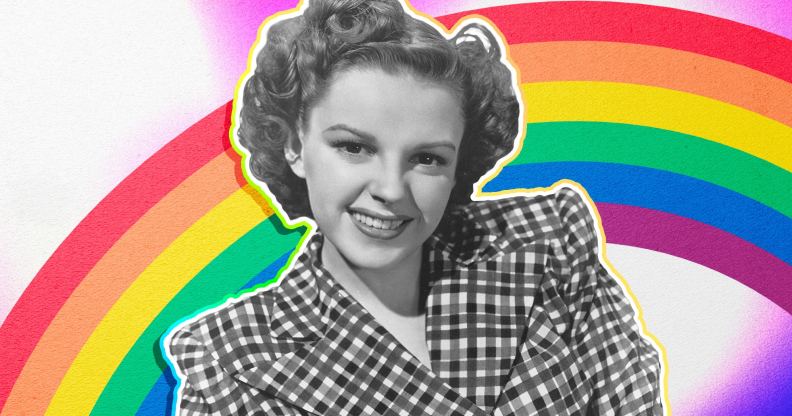
Judy Garland. (Getty/PinkNews)
Ross Semple still remembers the first time he was captivated by the glorious talent of Judy Garland.
Like most people, he saw The Wizard of Oz growing up, but it wasn’t until he was at university studying film that the power of her voice really hit him.
One week, a lecturer showed his class two clips of Judy Garland singing “Somewhere Over the Rainbow”. The first was from the original recording, when Judy was still just a teenager. The second was from later in her life. Her voice, while still majestic, sounded coarse and aged.
After they watched both performances, Ross’ lecturer asked the entire class which performance they preferred.
“Everyone put their hand up and said the first one except for me,” Ross says. “It was hearing that emotion and that rawness – that hope that she still had later in her life that there was something over the rainbow – it kind of got to me in a way that I still can’t really explain, and that’s what started things off for me.”
Today, Ross is an ardent Judy Garland fan. 22 June marks 53 years since Judy Garland died from an accidental barbiturate overdose, but to this day, her voice and acting prowess continue to dominate – particularly within the LGBTQ+ community.
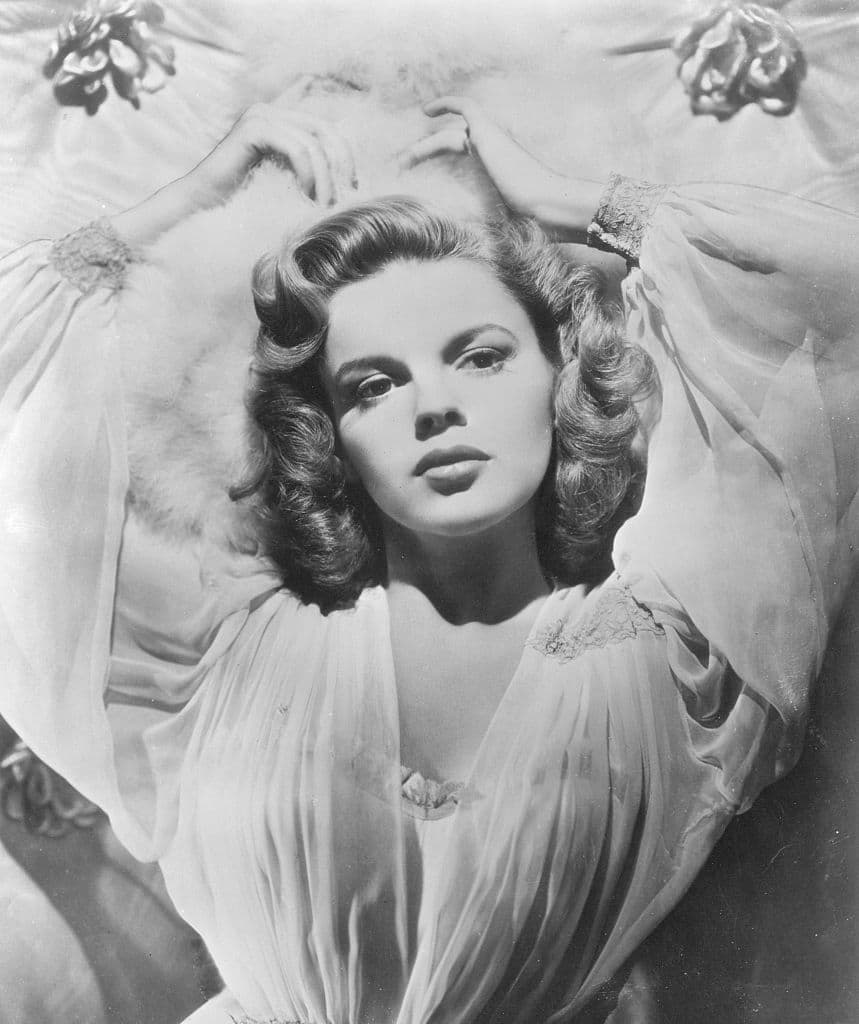
Queer people have always gravitated towards Judy – it’s where the term “friend of Dorothy” came from, referring to her legendary performance in The Wizard of Oz. “Somewhere Over the Rainbow” still resonates with LGBTQ+ people, for fairly obvious reasons, and “Get Happy”, from her 1950 musical Summer Stock, is a bonafide gay anthem.
LGBTQ+ people flock to Judy Garland because of how emotionally open she was
People have been trying to work out why Judy has such a towering legacy within the LGBTQ+ community for decades. Too often, it’s all put down to her tragic life. Gay men flocked to her side because they related to her struggles, according to the tried and tested narrative.
Judy’s tragic life is absolutely part of why she’s such an enduring icon for queer people, but it’s not the full picture, Ross says.
“She never really got what she was looking for, and that’s something a lot of people relate to,” Ross says. For him, the draw lies in her performance – she had a unique quality that few performers have been able to replicate.
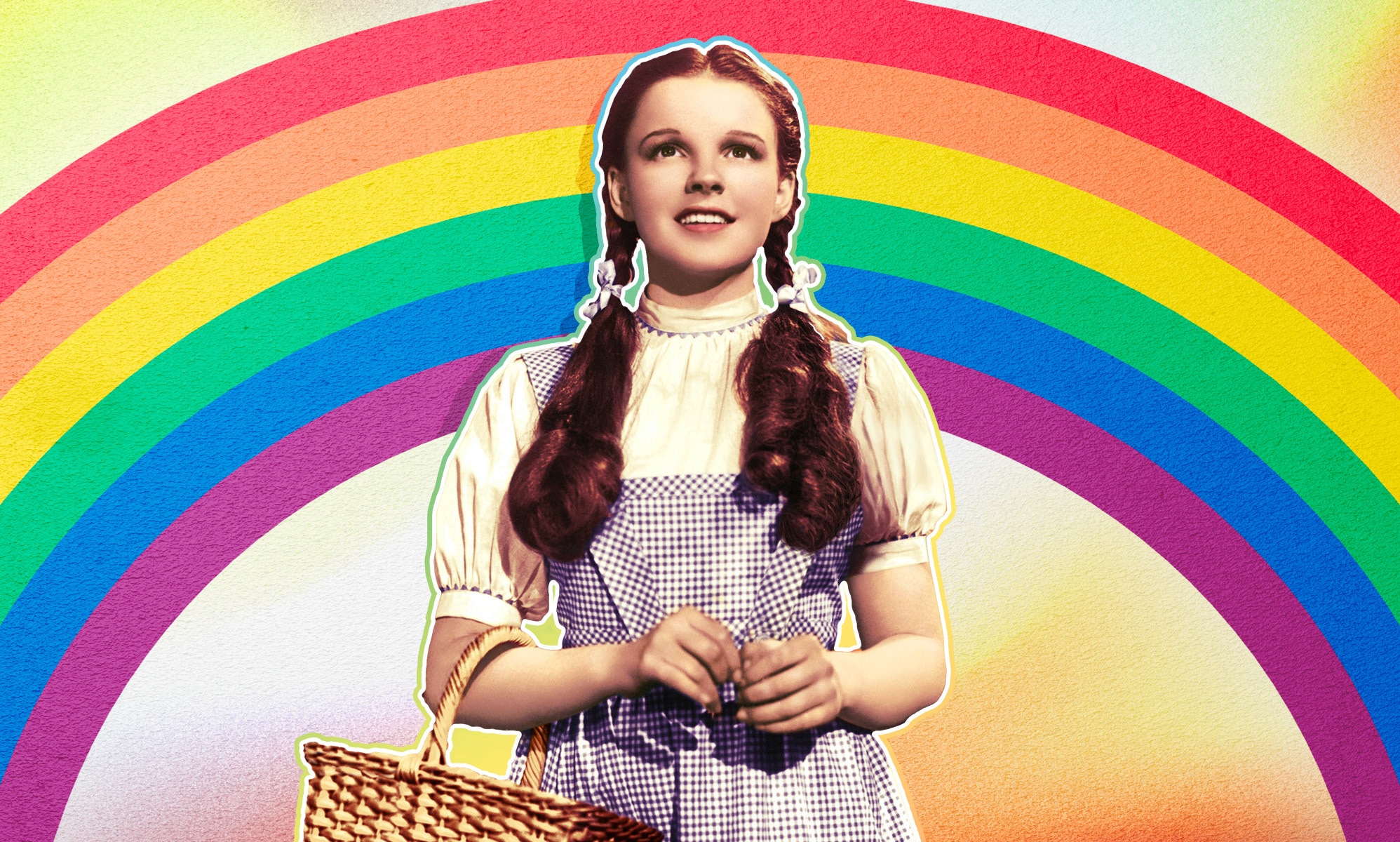
“For me, it’s how open she was emotionally in her acting and in her singing,” he explains. “You can feel the emotion by just hearing her voice or by looking at her. I think there are very few singers out there who can do that and have that power. Speaking for myself, I grew up not being able to express things emotionally that I wanted to, so I’m drawn to people who can express things without really having to say the words.”
Ultimately, Ross thinks the idea that Judy is a gay icon because of her tragic life is “quite simplistic”, and potentially sexist.
“I hate when female figures are boiled down to their lives being a tragedy,” he says. “I think it’s kind of condescending. In a lot of ways, her life was tragic, there’s no denying that. She was in a number of abusive relationships throughout her life, whether that was her parents, studio figures, partners, but I also think she had a sense of wonder and a sense of joy despite that. I think that’s more something I and other people identify with, rather than her just being a tragic figure.”
Still, there’s no denying that Judy was a tragic figure in many respects. She was one of the greatest singing and acting talents of her generation, but she never really got the recognition or respect she deserved. As the years rolled by, her struggle with addiction took centre stage, and she was slowly edged out by a Hollywood machine that was sorely lacking in empathy.
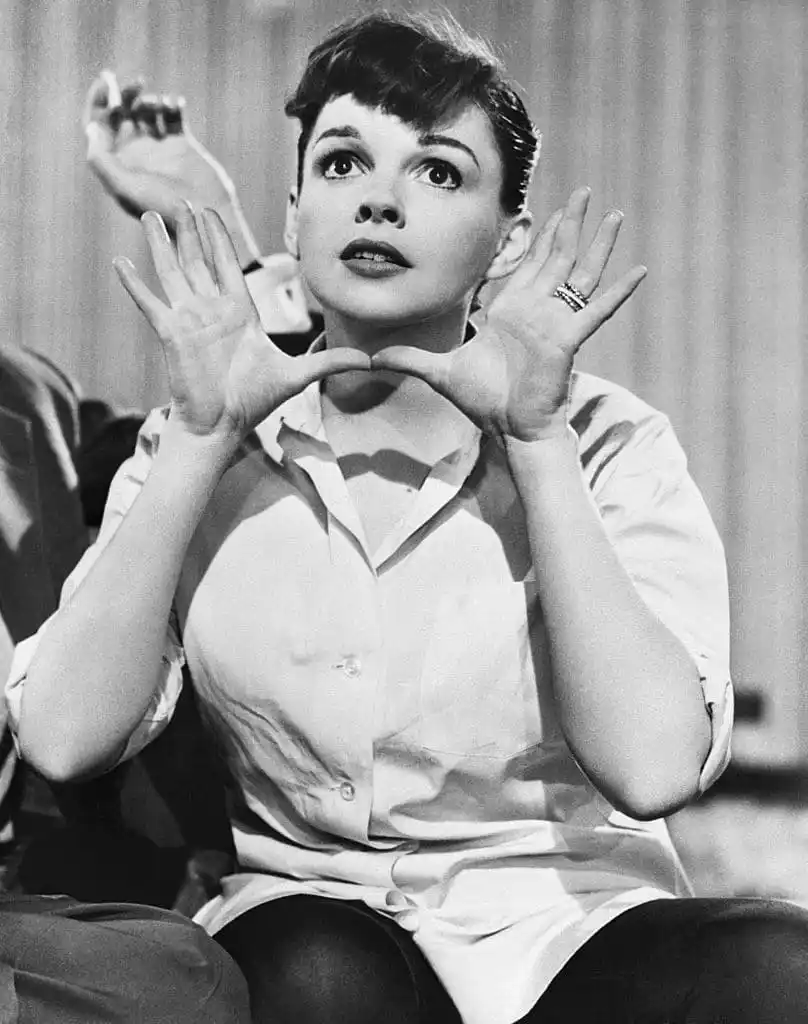
In 1950, the studio that fed her drugs to keep her alert, awake and thin severed its contract with her following a difficult filming process on Summer Stock. It would be four years before she would star in another film – 1954’s career best A Star Is Born. She was famously nominated for an Oscar for that role, ultimately losing out to Grace Kelly. It remains one of the biggest upsets in Oscars history. Judy was widely expected to win – a camera crew had even gone to the hospital where she had just given birth to her son Joey Luft so she could give her speech live.
She was subjected to a system that was incredibly abusive, that got her addicted to drugs, so she then acted like someone who was addicted to drugs.
Her failure to win that award – and her failure to win the respect and recognition of her peers – shows just how cruel Hollywood was to one of its greatest stars. Instead of offering a helping hand, Judy was labelled “difficult”, and she was largely edged out of the film industry.
“I guess she was seen as difficult, but also, she was difficult,” Ross says. “But someone can be difficult and also have a reason to be. She was subjected to a system that was incredibly abusive, that got her addicted to drugs, so she then acted like someone who was addicted to drugs. Of course was going to be seen to be difficult. It was a self-fulfilling prophecy.”
Her music and films bring joy even in the most difficult times
That’s echoed by Emilie Lavinia, a freelance journalist and editor. Like so many others, she fell in love with Judy Garland in The Wizard of Oz. She still has fond memories of watching the film on a grainy VHS with her aunt as a small child.
“Judy is beautiful, chipper and talented but doesn’t conceal her pain and that makes her so relatable to anyone who’s ever felt marginalised or hopeless, despite being gorgeous and different,” she says.
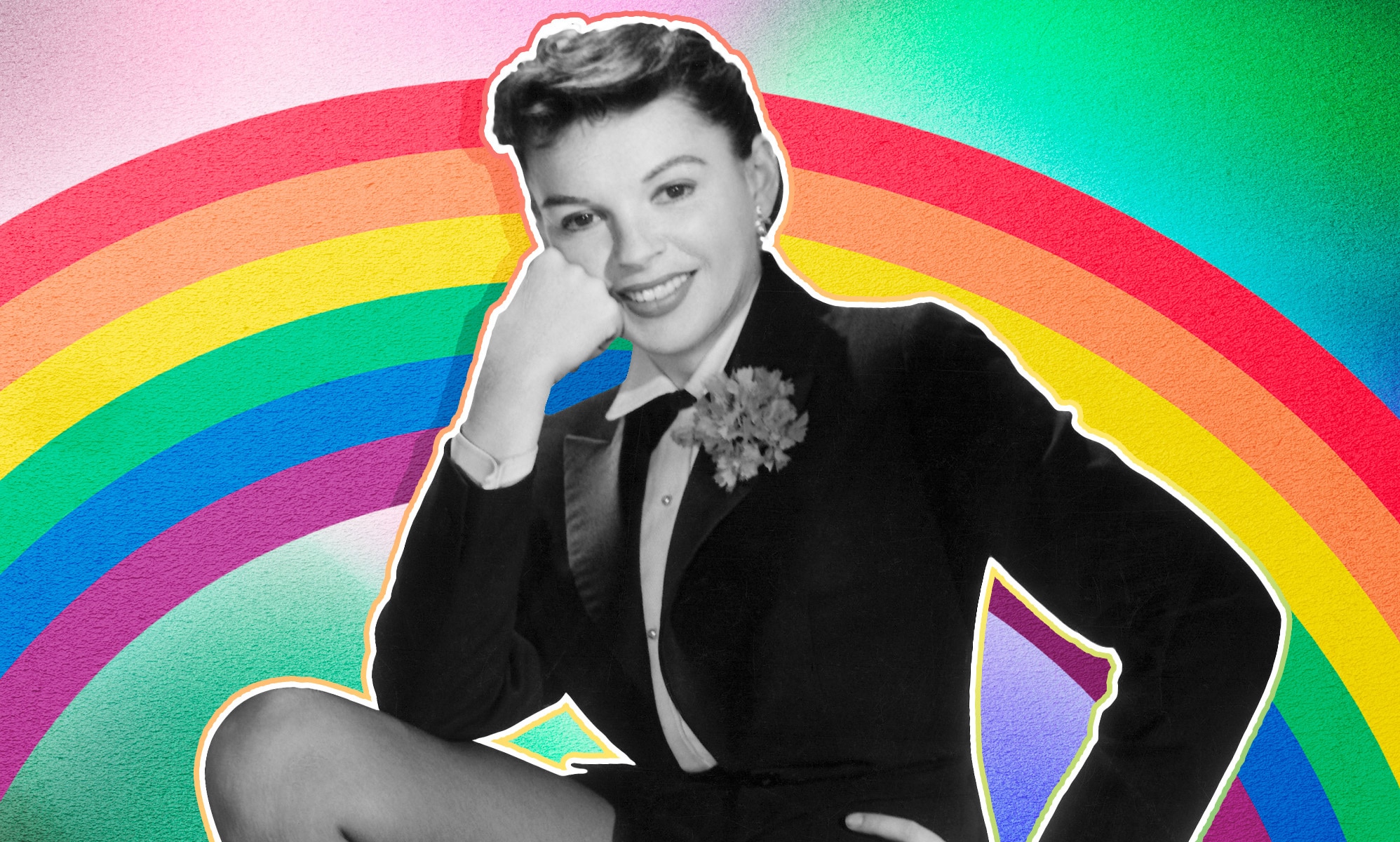
“When I realised that Judy wasn’t just Dorothy and that she was a stunning, talented Hollywood icon, and one that struggled with mental health issues, despite her shine, I became obsessed,” she explains. “I looked up to her, related to her and felt connected to her. When I was a teenager I discovered Liza Minelli and Cabaret and felt my admiration grow twofold. I love Liza and her fierceness, her style and her iconic voice and the roles she took on. She also had an intense yet troubled relationship with Judy, which I often reflected on when thinking about my relationship with my own mother.”
She sings it like she knows no amount of music will cure a sadness but that it’ll do for now and I love that about her.
Over the years, Emilie’s depth of love for Judy has only deepened. The Wizard of Oz is still her favourite Judy Garland film – it brings her an indescribable feeling of comfort when the going gets tough.
“I think I’ve seen every Judy Garland movie but I’ll always love Oz,” she says. “It’s one of my go-tos when I’m feeling sad. I love Judy singing ‘Get Happy’ for that reason too. She sings it like she knows no amount of music will cure a sadness but that it’ll do for now and I love that about her, she has such depth.”
A younger queer generation is falling in love with Judy Garland
Too often, people assume that Judy Garland is the preserve of older gay men who came of age in the 1960s and 1970s – but younger LGBTQ+ people are still flocking to her talent and prowess all these years on. Cris is a hardcore Judy stan who runs a Twitter account named “Liza in the basement”. It’s your typical stan Twitter account – Cris dedicates their time to sharing the gospel of Judy with the world.
Cris first stumbled across Judy on Twitter in 2019 – when scrolling, they came across a famous clip of the singer performing with Barbra Streisand on her 1960s television show.
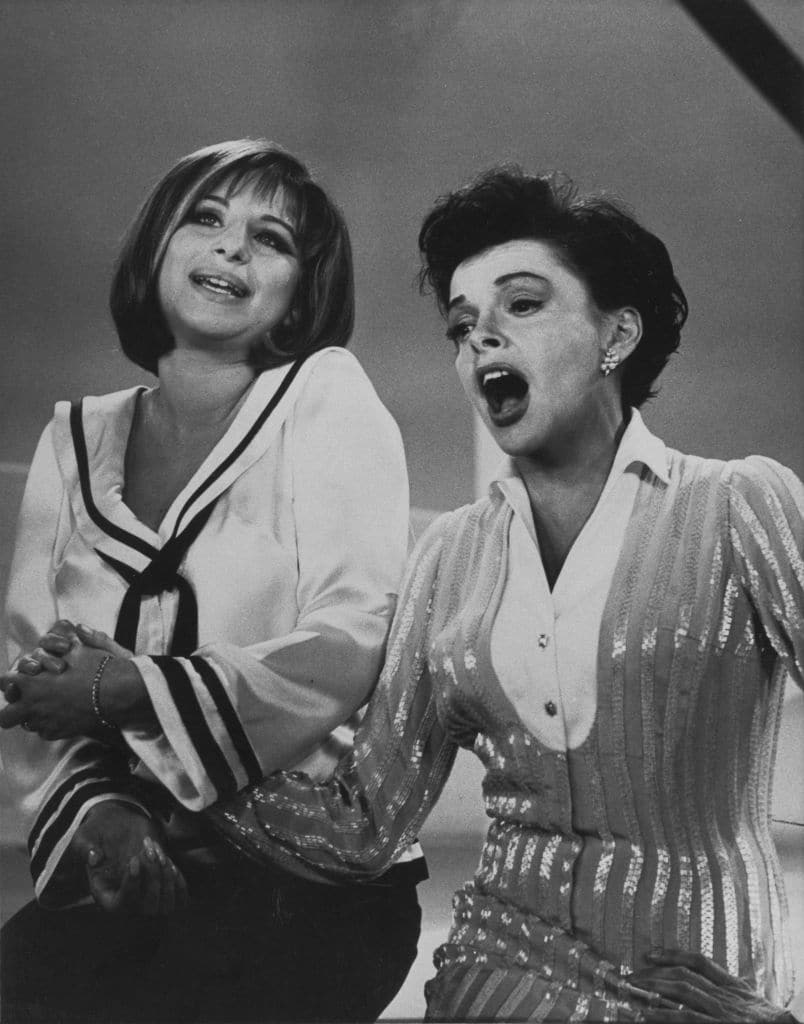
“I watched it and immediately went to Google who Judy Garland was,” Cris explains. “I listened to the A Star is Born soundtrack and fell in love with her immediately. From then I have watched her entire filmography, her TV show and at least most of the videos there are of her on YouTube.”
Judy’s music and films have helped Cris through some of the hardest times of their life. They’re glad they discovered her when they did. Shortly afterwards, the world descended into lockdown in the face of COVID-19. Judy Garland was the perfect companion for a difficult, lonely time.
“Whenever I’m sad I just have to watch a video of her and my mood immediately boosts,” Cris says. “Reading her biography and all of that, as a person, you just can’t help to feel something for her… to see all the things she had to face, and how she dealt with them almost always with success, inspired me to be more like her.”
Cris agrees that many LGBTQ+ people likely relate to Judy because they’ve faced similar struggles that she went through, but like Ross, she thinks it’s about more than that.
“I think it is also in part because Judy had such a loving and accepting aura that made people feel so close to her and feel protected by her,” Cris says.
I have made it my mission to not allow people forget her.
It was that loving and accepting aura that inspired Cris to set up their stan Twitter account – they want to bring the world of Judy Garland to a new generation, to spread the joy they’ve been able to find through her work.
“As long as people have access to [her music], keep talking about her and remembering her, she will always be present in the community and outside of it,” Cris says.
“Personally it’s something I try to do with my friends and family, and obviously my Twitter account. I have made it my mission to not allow people forget her.”
It might be 53 years since Judy Garland left us, but one thing is for sure – the magic of her voice will never be forgotten, especially if fans like Cris have anything to do with it. All these years on, she’s still helping queer people feel like there really is something brighter on the other side of the rainbow.

